The United Nations set up a collection of 17 interlinked goals designed to be achieved by 2030 to attain a better and more sustainable future. The goals serve as a blueprint towards change and influence the social innovations of the global community.
Three months into 2021, several trends have begun to grow around social innovation inspired primarily by the 17 UN sustainable goals and the global pandemic's impact. Headlines are bleak in depicting the changes going on around us, but below are a few positive changes worldwide.
Lessening CO2 Emissions
Carbon dioxide emissions are attributed to the drivers of climate change. Companies around the globe are working on implementing programs to reduce or eliminate their contribution to this growing problem.
ExxonMobil recently released a plan to commercialize emission-reduction technology. The industry plans to invest close to $3 billion on lower-emission energy solutions through 2025. The ExxonMobil Low Carbon Solutions looks to capture CO2 emissions by expanding on 20 new carbon capture and storage opportunities around the world.
This is a move in the right direction and aligns with the UN sustainable goal number 13, Climate Action.
Reducing Plastic Use
One of the most pressing environmental issues is plastic pollution, as an increasing number of disposable plastic products enter the world market every day. Recycling efforts are not enough to keep up with the growing pollution, and as a result, some national and state governments have taken steps to reduce plastic waste.
China plans to ban non-degradable bags in all cities and towns by 2022 in an effort to reduce plastic consumption. Single-use bags and plastic straws were banned at the beginning of 2021, and the country is expected to add more single-use plastics to the list.
This move aligns with the UN sustainable goals 12 through 15, Responsible Consumption, Climate Action, Life Below Water, and Life on Land.
Water Conservation
As a precious resource, conserving water, is another pressing issue. While in the past level of water waste was an afterthought for most companies, new stakeholder demands are leading to greater accountability towards reduction of water use efforts.
Wrangler, an American jean manufacturer, implemented a jeans-making process that nearly cuts all water waste from their production. The implementation occurred almost 2 years ago, and the industry giant is continuing to follow-through. The new process for dying their cotton reduces water waste but continues to uphold the quality of their product.
Their continual commitment to water reduction aligns with the UN sustainable goal 12, Responsible Consumption.
The Growth Continues
Only nine years remain until 2030, and the global community is working hard to achieve the goals set out by the United Nations. As we continue with the year, think about how the companies you support are striving to meet these goals.
Are you a social innovator?
If you have a business, ask yourself, how is my business impacting society?
If you are looking to further your impact on society and have a business that is dedicated to making a positive impact on society through societal innovation, apply now http://oneten.com.au/pitchit or find out how we can support you by contacting us at info@oneten.com.au.
One 10 is here to help foster innovative growth that has a meaningful social and environmental impact.
Author: Francesca Savino is a graduate student from Owasso, Oklahoma, studying at the School of Global Studies and Partnerships at Oklahoma State University. She is passionate about international trade and global supply chain management. Francesca is currently acting as a social impact intern at One10.




